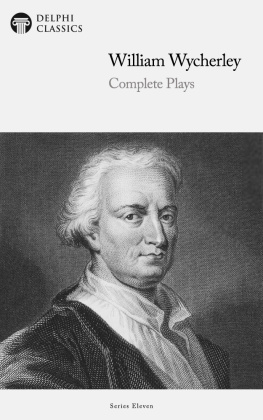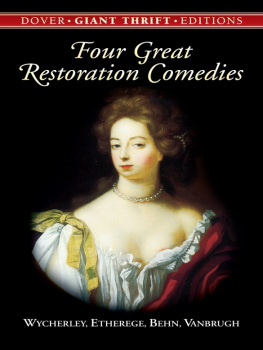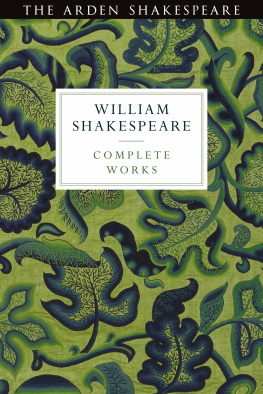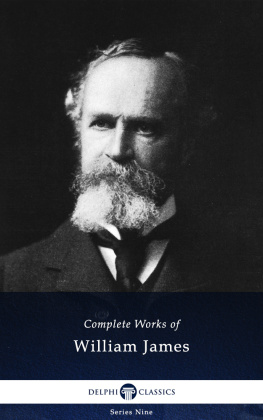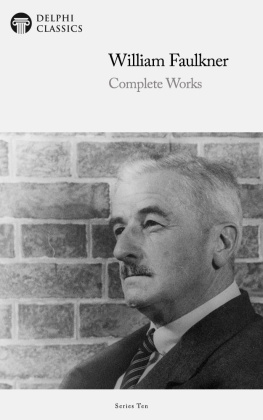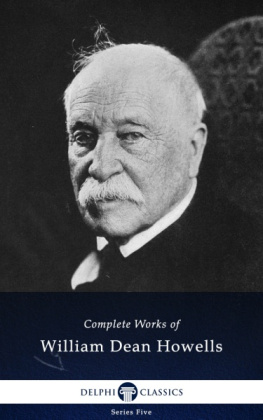
The Complete Plays of
WILLIAM WYCHERLEY
(1641-1716)

Contents

Delphi Classics 2020
Version 1


Browse our Main Series

Browse our Ancient Classics

Browse our Poets

Browse our Art eBooks

Browse our Classical Music series

The Complete Plays of
WILLIAM WYCHERLEY

By Delphi Classics, 2020
COPYRIGHT
Complete Plays of William Wycherley

First published in the United Kingdom in 2020 by Delphi Classics.
Delphi Classics, 2020.
All rights reserved. No part of this publication may be reproduced, stored in a retrieval system, or transmitted, in any form or by any means, without the prior permission in writing of the publisher, nor be otherwise circulated in any form other than that in which it is published.
ISBN: 978 1 91348 739 3
Delphi Classics
is an imprint of
Delphi Publishing Ltd
Hastings, East Sussex
United Kingdom
Contact: sales@delphiclassics.com

www.delphiclassics.com

Enlighten your digital library
explore the 18 th Century at Delphi Classics

The Plays

Clive, a village in Shropshire Wycherleys birthplace
Love in a Wood (1671)

EDITED BY W. C. WARD, 1893
UNEXPURGATED EDITION
A prominent dramatist of the Restoration period, William Wycherley was born at Clive near Shrewsbury, Shropshire and baptised on 8 April 1641 at Whitchurch, Hampshire. He was the son of Daniel Wycherley and Bethia, daughter of William Shrimpton. The Wycherley family was settled on a moderate estate of about 600 a year and Daniel Wycherley was employed in the service of the Marquess of Winchester. Wycherley spent three years of his adolescence in France, where he was sent at the age of fifteen to be educated on the banks of the Charente. While in France, he converted to Roman Catholicism. He returned to England shortly before the restoration of King Charles II, studying at Queens College, Oxford, where Thomas Barlow was provost. Under Barlows influence, Wycherley returned to the Church of England.
Enjoying the life of a fine gentleman, at a time of general loose living and low morality, Wycherley appears to have had a straightforward attitude to life, earning him the sobriquet of Manly Wycherley. In time, he left Oxford and took up residence at the Inner Temple, which he had initially entered in October 1659, but he gave little attention to studying law and had left the chambers by 1670. He served in Ireland in 1662 as a soldier with the Earl of Ancrams Regiment of Guards and in 1664 he was attached to a diplomatic mission with Sir Richard Fanshawe in Madrid, where he claimed to have fought in the Second Anglo-Dutch War in 1665.
For a man that had lived a chequered life of experiences, it would appear that only pleasure and the stage were his enduring interests. In 1671 he produced his first play, Love in a Wood , which was performed at the Theatre Royal, Drury Lane. It was published the following year. Though Wycherley boasted of having written the play at the age of nineteen, before going to Oxford, it is likely untrue. The critic Thomas Babington Macaulay identifies several problematic allusions in the play namely, references to gentlemens periwigs, to guineas, to the vests which Charles ordered to be worn at court and to the Great Fire of London all revealing that the comedy could not have been written prior to Wycherleys time at Oxford.
Nonetheless, Love in a Wood; or, St. Jamess Park won instant acclaim for Wycherley, as he was taken up by Barbara Villiers, Duchess of Cleveland, whose favours he shared with Charles II, and he was admitted to the circle of wits at court. The main plot concerns the adventures and trials of Valentine and Christina, a pair of idealised lovers. Valentine, who had fled England for France after wounding a man in a duel, has furtively returned and is staying with his friend, Vincent. Ranger, another friend, has met Christina by chance while investigating the activities of his own mistress, Lydia. Though innocent, Christina has now become the object of Rangers desire, which he has hastened to tell Vincent. Valentine concludes that Christina has been untrue and five acts of the expected misunderstandings and confusions are needed to convince him that his jealousy is unfounded

William Wycherley by Sir Peter Lely, c. 1668

Portrait of Barbara Villiers by Sir Peter Lely, c.1666. Barbara Palmer, 1st Duchess of Cleveland (1640-1709) was perhaps the most notorious of the many mistresses of King Charles II of England, by whom she had five children, all of them acknowledged and subsequently ennobled.
CONTENTS

Theatre Royal, Drury Lane, in 1809 this play was first performed here in 1671.
Next page
